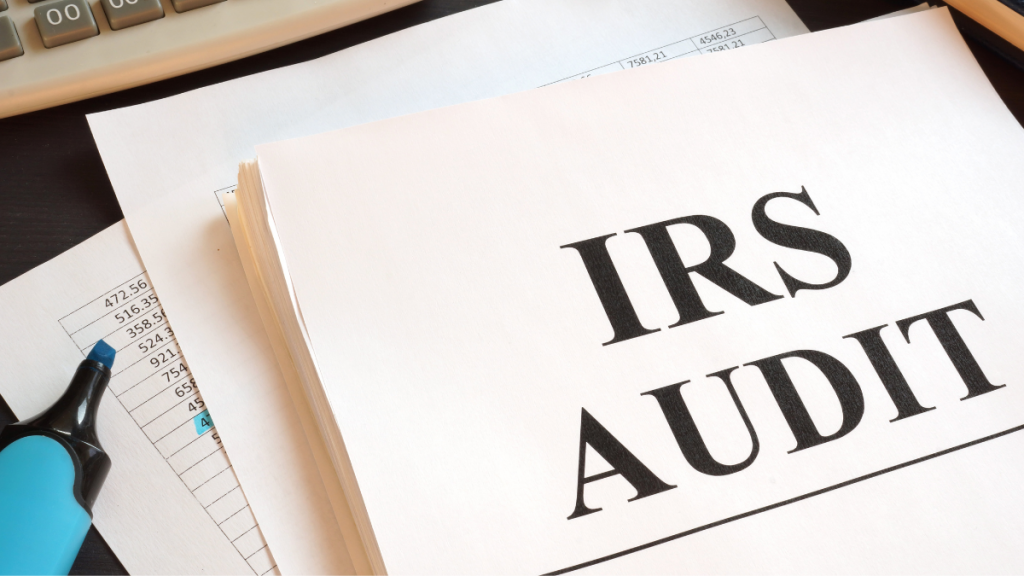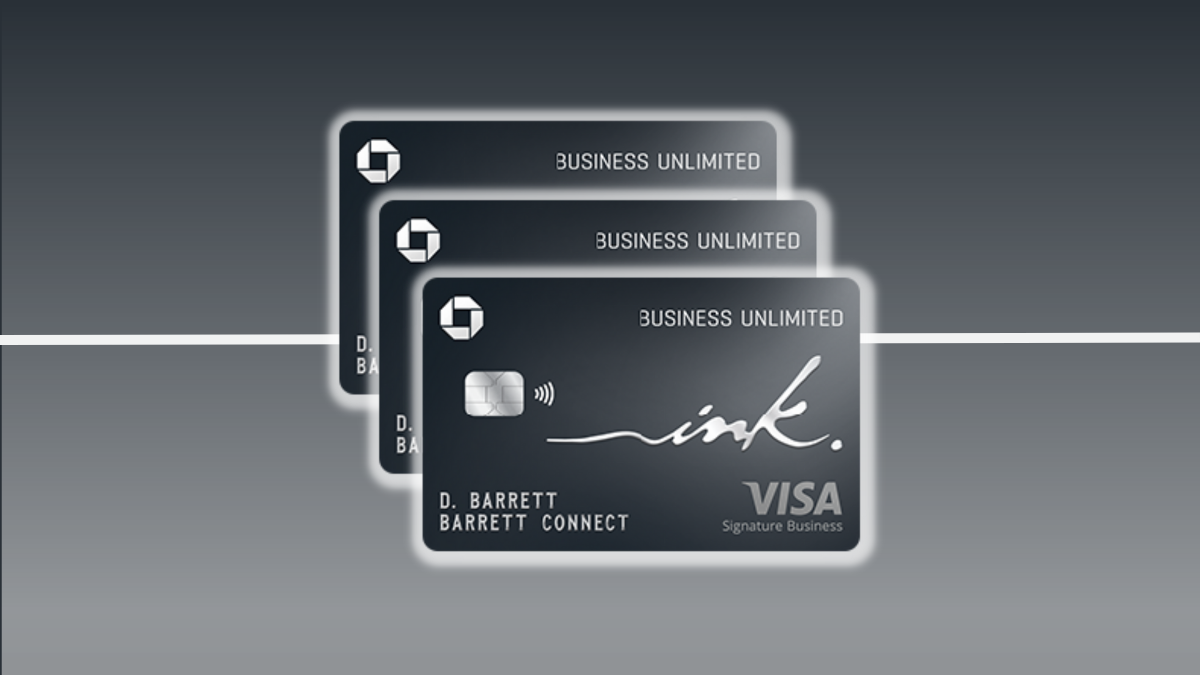Finances
Tax mistakes that could get you audited by the IRS
Don't let an innocent mistake turn into a costly audit. Here are some of the most common errors that could land you in hot water with the IRS.
Advertisement
Brush up on your tax knowledge with our guideline to stay audit-free

Come tax season, there’s always a big portion of Americans who are terrified about making any mistakes that could get them audited by the IRS. What 99.9% of people want to hear from the revenue service is either a refund or confirmation notice.
But according to the IRS, an audit is nothing more but a review of your accounts.
The government is just trying to make sure that the information you provided is correct and in compliance with tax laws. And also to check if the reported amount is correct.
Truth is, your chances of being audited by the IRS are slim to none. According to their own research, of 165 million tax returns in 2022, less than 0.4% or (626,204) were audited.
There’s always the possibility that your tax return review will be at random. However, there are certainly a few mistakes that are more likely to be flagged by the IRS than others.
Below, we’ll discuss the most common tax mistakes that could get you audited by the IRS. Plus, we’ll show you easy solutions on how you can avoid them. Read on for more!

What is an ITIN? A guide to who gets one & why
Read this article and find out what an ITIN is, whether you need it or not, and why.
Most common mistakes that can get you audited by the IRS
A tax audit by the IRS can be a nerve-wracking experience, but is it inevitable? Not necessarily!
You may have taken extra measures to ensure your taxes are filed correctly. But did you know that even small mistakes could still put you at risk of an IRS audit?
Filing errors, misrepresentations and incorrect deductions can all trigger an inspection from the government.
But with just a few simple steps, you can help protect yourself from potential scrutiny and make sure everything comes out right in the end.
Read on to learn all about common tax mistakes and how to avoid them. So you don’t have to worry about getting audited by the IRS.
You will be redirected to another website
By submitting this form, I agree that I am 18+ years old and I agree to the Privacy Policy and Terms and Conditions. I also provide my signature giving express consent to receive marketing communications via automated emails, SMS or MMS text messages and other forms of communication regarding financial products such as credit card and loans. Message frequency varies and represents our good faith effort to reach you regarding your inquiry. Message and data rates may apply. Text HELP for help or text STOP to cancel. I understand that my consent to receive communications is not a condition of purchase and I may revoke my consent at any time.
Your tax return is incomplete

When it comes to mistakes that could get you audited by the IRS, overlooking a key piece of your tax return, like failing to provide all the necessary documents or filling out certain forms incorrectly, are some of the most common – and costly.
It pays, in the long run, to make sure your return is accurate and complete, double-checking each line item and avoiding shortcuts.
If mistakes do occur, it’s best to contact a tax accountant who can help you figure out how to remedy them before any audits come up.
This will save you from a major headache down the road. Compliance with IRS regulations is essential for staying on top of your finances and keeping Uncle Sam off your back!
You put the order of information wrong or didn’t do the math right
Miscalculations are one of the mistakes you may be making that could get you audited by the IRS. A large proportion of mistakes made when filing taxes involve mistakes in math and other information.
So double and triple-check all your details to make sure everything is accurate to avoid being a potential target for an audit by the government.
Most mistakes can either be fixed up with a simple correction or even forgiven altogether if they were completely unintentional.
Nevertheless, save yourself time and trouble down the road and make sure everything is done right the first time!
Wrong deductions when you’re self-employed
If you’re self-employed, the IRS expects you to accurately report the deductions that apply to your business.
It may be tedious work, but make sure to include every single little deduction you qualify for. Failing to do so could get you in some hot water with the tax man!
Not only will an audit hurt your pocketbook by leaving you on the hook for back taxes and penalties, but it can also take up a great amount of time and add unnecessary stress to your already busy life.
Beat the taxman at their own game and make sure your deductions are completely accurate before submitting your return.
Claiming too many expenses or losses

There are plenty of rules and regulations to follow when it comes to taxes So it’s no surprise that mistakes can get you audited by the IRS!
Unfortunately, one of the most common mishaps (and one that could likely land you in serious trouble) is claiming too many business expenses or losses.
If you just accidentally added a few too many items on the form, chances are you would receive a letter from the IRS asking for clarification.
However, if your mistake appears more intentional – such as wanting a tax write-off but not actually incurring any extra expenses or having losses – then you could be facing an audit!
You better check that form twice before you submit it.
Having undeclared income
Tax mistakes can quickly get you in hot water with the Internal Revenue Service (IRS). One of the most serious mistakes, which could easily result in an audit, is failing to report all your income.
The IRS has a system that tracks reported wages, meaning it can filter out abnormally low tax payments based on what someone declared they earned.
Being honest and reporting your entire income should be everyone’s top priority when doing their taxes; tax mistakes like this one carry significant financial risks and potential legal repercussions.
In short: mistakes that lead to being audited by the IRS aren’t worth it!
How to file taxes – what you need to know
It’s tax-filing season again, and there’s no escaping it! Whether you’ve just started filing your taxes for the first time or have been doing them for years, the process can be overwhelming.
Lack of knowledge about what needs to be done can mean added stress and a feeling of helplessness when looking at all that paperwork. Don’t worry if this is how you feel; we’re here to help!
In the following link, we’ll provide an overview of everything you need to know before filing taxes. From deadlines and deductions to financial planning tips. That way, you’ll feel knowledgeable and prepared when it comes time to file.
So grab yourself a cup of coffee, sit back, and relax—it’s time to learn the basics about filing taxes!

How to file taxes: What you need to know
If you have been having a hard time understanding tax filing, we are going to help you with that. Read this article and learn what you need to know.
About the author / Aline Barbosa
Trending Topics

Amex EveryDay® Preferred Credit Card online application: Maximize rewards
Looking for a new Amex card? Check how to apply for Amex EveryDay® Preferred Credit Card in just a few minutes: online application!
Keep Reading
Applied Bank® Secured Visa® Gold Preferred® Card application
Learn all you need to know about the Applied Bank® Secured Visa® Gold Preferred® Card application process and get your score up!
Keep Reading
FB&T Personal Loan review
If you’re an Oklahoma resident in need of some extra cash to cover expenses, this FB&T Personal Loan review was made for you.
Keep ReadingYou may also like

How to open your First National Bank eStyle Checking account easily
In this article, you'll learn how to open your First National Bank eStyle Checking account and enjoy all of its benefits.
Keep Reading
Ink Business Unlimited® Credit Card review
Looking to level up your business spending? Dive into our review of the Ink Business Unlimited® Credit Card and explore if it's right for you!
Keep Reading
Clear Money Loans review: get a loan easily
In this Clear Money Loans review you will see how you can get multiple loan offers with a single online application.
Keep Reading